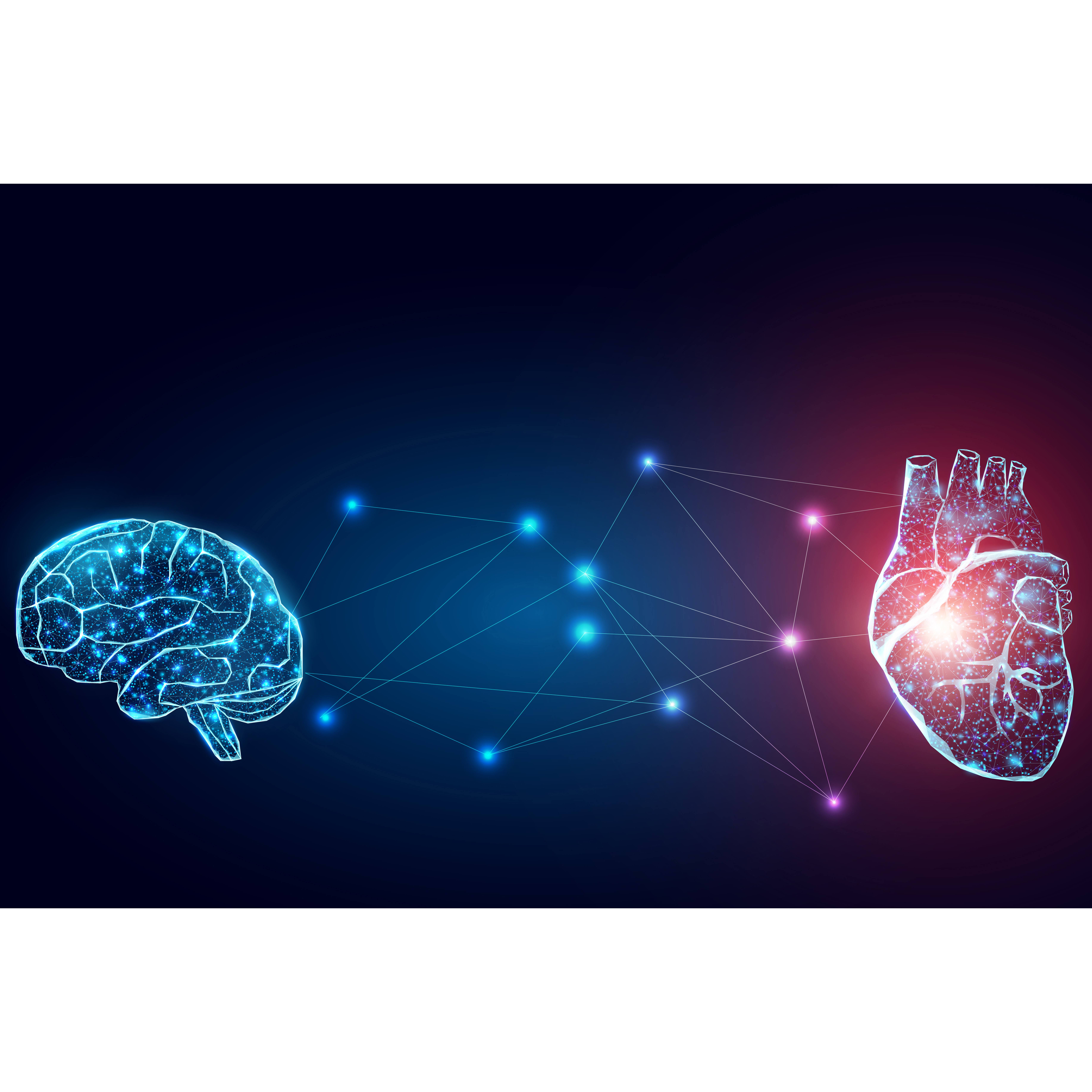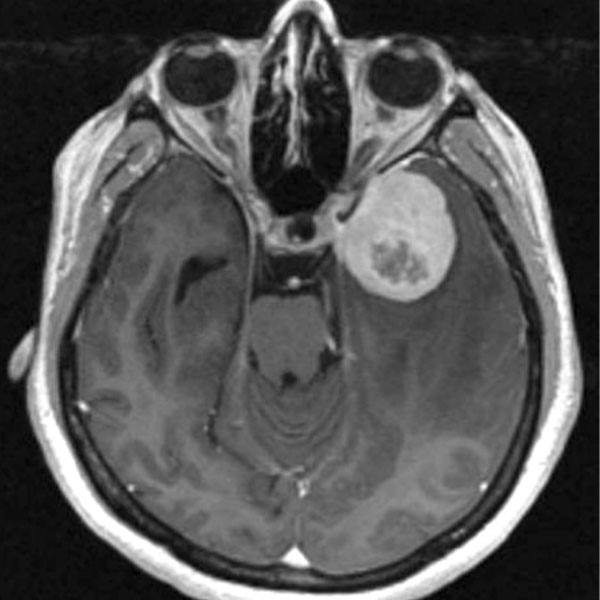-
Mayo Clinic Minute: When to consider deep brain stimulation for essential tremor
Essential tremor is a nervous system condition that causes involuntary and rhythmic shaking. While it is often mistaken for Parkinson's disease, Dr. Philip Tipton, a Mayo Clinic neurologist, says essential tremor is very different. There are treatment options for essential tremor, including deep brain stimulation.
Journalists: Broadcast-quality video (1:10) is in the downloads at the end of this post. Please courtesy: "Mayo Clinic News Network." Read the script.
Essential tremor affects around 10 million people in the U.S. The condition is usually not dangerous, but it typically worsens over time and can be severe in some people, making it difficult to work or perform daily activities. That's when treatment options should be discussed.
"When I'm thinking about treatment approaches, the first thing that I'm asking is what body parts are affected," says Dr. Tipton.
He says oral medication is usually effective in improving symptoms when tremors are in the arms. Botox injections can be particularly useful in treating tremors involving the head, legs, and, sometimes, the voice.
"Fortunately, we have another treatment option, deep brain stimulation, that can help tremor in virtually any body part," says Dr. Tipton. "If the other therapies aren't getting you the mileage that you need, that's when it's time to consider deep brain stimulation."
Electrodes placed in certain areas of the brain help correct brain signals that cause tremors.
"We have sort of a tremor circuit, if you will. And much like radio signals may be jammed by some kind of interference device, the deep brain stimulation seems to jam that tremor circuit. And the end result is less tremor," says Dr. Tipon.
"There's this moment in the operating room, when you're trying to treat someone with tremor, when you get the electrode in the right spot, you turn on the electrical stimulation, and then the tremor just melts away. I mean, it's almost instantaneous. It's something that never gets old to see," he says.
Dr. Tipton says deep brain stimulation shouldn't be looked at as a last resort to treat tremors, but rather a means to improve quality of life.
"Maybe you're a photographer or maybe you're a surgeon, and you need to have very intense control over a tremor. So something that may not look like much tremor to one person can be life-changing for another," says Dr. Tipton.







